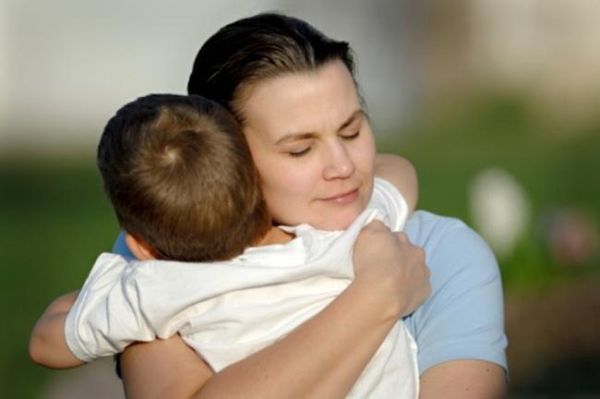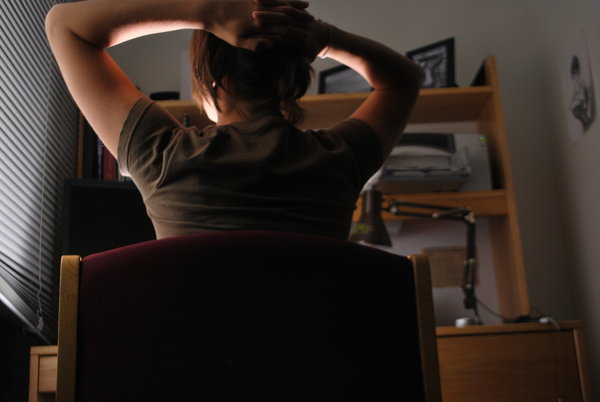
Childhood is a stage which portrays innocence. At this stage, it is imperative to deal with the changes very cautiously, as your baby is growing. Your baby may cope with the situation well or at times may lead towards anxiety as well. When a baby is around 7 months old, he/she starts to differentiate between her parents and other known or unfamiliar persons. Normally, it is at its peak at the age of 13 to 17 months and ends by the age of 2 years.
This is a part of development though, but may take a form of disorder as well. When your baby starts to cry at the approach of unfamiliar people, it is to be recognized as his/her first stage of this normal problem. To avoid or to overcome this problem or to prevent your baby from developing any serious disorder, make it sure that you are in the sight of your baby while she is with an unfamiliar person so that she feel herself at ease, safe and secure.
Diagnosing separation anxiety
In the developing stage, when a child starts to distinguish his parents or caretaker from other unfamiliar persons then the parents need to tackle this problem with understanding. It is necessary to let the baby ensure that she is in the right or safe hands and they are not far from her. Be in the approachable place so that the baby can see you around and does not feel insecure. Let the baby develop his/her senses in a protected and supportive atmosphere. Simultaneously, initially leave them with a new acquaintance for a short period.
Tips to cope with separation anxiety
Following suggestions will help you to manage stress while letting your baby understand that you are with her and love her and she is in a secured atmosphere so there is no need to get worry or anxious. Read on to handle this stage with ease:
1. Need not feel remorse
Do not feel guilty. Take it easy. You are not doing something wrong but it is a part of growing up for your baby. Reassure your baby that it is normal and let your baby get exposure.
2. Keep your baby away from your veil for a short period
When you are going anywhere for a short period, assure your child that you will be back and you are In her reach. Call her in a short span of time.
3. Provide space from the initial stage of her upbringing
Give space to your baby and let her mix up with people around her. Do not react excessively or rush to her again and again. And if your baby gets distress by going near someone then do not force her. Behave calmly.
4. Understanding temperament of the child
You need to have understanding that what kind of temperament your baby holds and behave accordingly. Let it be her decision as to how much time she would take to get comfy with the persons who are unfamiliar to her. Be patient. You may get disappointed initially, but the patience on your part will bear fruits eventually.
5. Be with your baby when she is starving, ill or exhausted
These are some of the situations when your baby needs you badly. Do not leave her alone or get out of her sight again and again. Leave her only when she is feeling well from every perspective.
6. Smart departure
If you have to go somewhere or both of you are working, then give a quick departure to your baby after having your baby sitter.
7. Supervise your emotions while your baby is crying
Sometimes it is necessary to avoid your child. This behavior of neglecting your baby may cause you feel grievous but hold your emotions and do not react on the reactions of your baby.
8. Spend some time and leave with reassurance
If you have to leave your baby at playschool or at any other relative’s place, then spend some time with your baby and reassure that she will be with you just after a short while.



